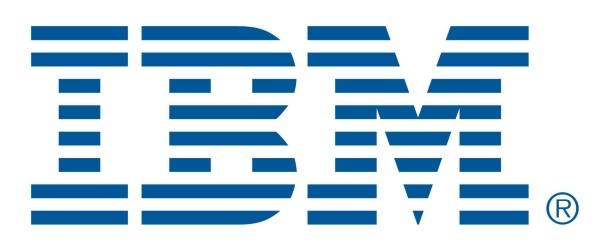IBM’s Dario Gil Speaks at CES on Growing Hybrid Cloud, AI, & Quantum Computing

(InformationWeek) Dario Gil, senior vice president and director of IBM Research, gave a talk this week at the online CES 2021 conference where he discussed the acceleration of resolving challenges through quantum computers, AI, and hybrid cloud.
Technologies such as hybrid cloud, quantum computing, and AI could change that process and supercharge traditional scientific methods, he said. The process of classic trial and error, experimentation and testing can be slow, Gil said, though the advent of computers advanced the scientific paths to discovery.
The growing power of AI enables new levels of speed, automation, and scale, Gil said. . .quantum computers would conduct simulations to augment that knowledge base. AI models could identify gaps in knowledge and propose candidate molecules to create the new plastic. Knowledge gained through such a process could lead to new questions to be answered, he said. “This would be a continual loop of discovery, increasingly automated and increasingly autonomous.”
Hybrid cloud ties such resources as quantum and supercomputers together, creating a medium for them to function together, Gil said. IBM also developed supercomputers for national laboratories, such as IBM Summit at the Oak Ridge National Laboratory, which was put to work on COVID-19 research. “It is capable of processing 200,000 trillion calculations per second,” Gil said. Even with such resources, he said there are problems supercomputers cannot solve because the problems and ways to respond to them can grow exponentially.
“Quantum computers will change this,” Gil said. “They offer a powerful alternative because they combine physics with information to compute in a fundamentally different way.” The principles of quantum mechanics and quantum algorithms in this class of computing can lead to faster, more accurate answers than prior technology. “They should be able to simulate new molecules that classical computers never could,” Gil said.


















